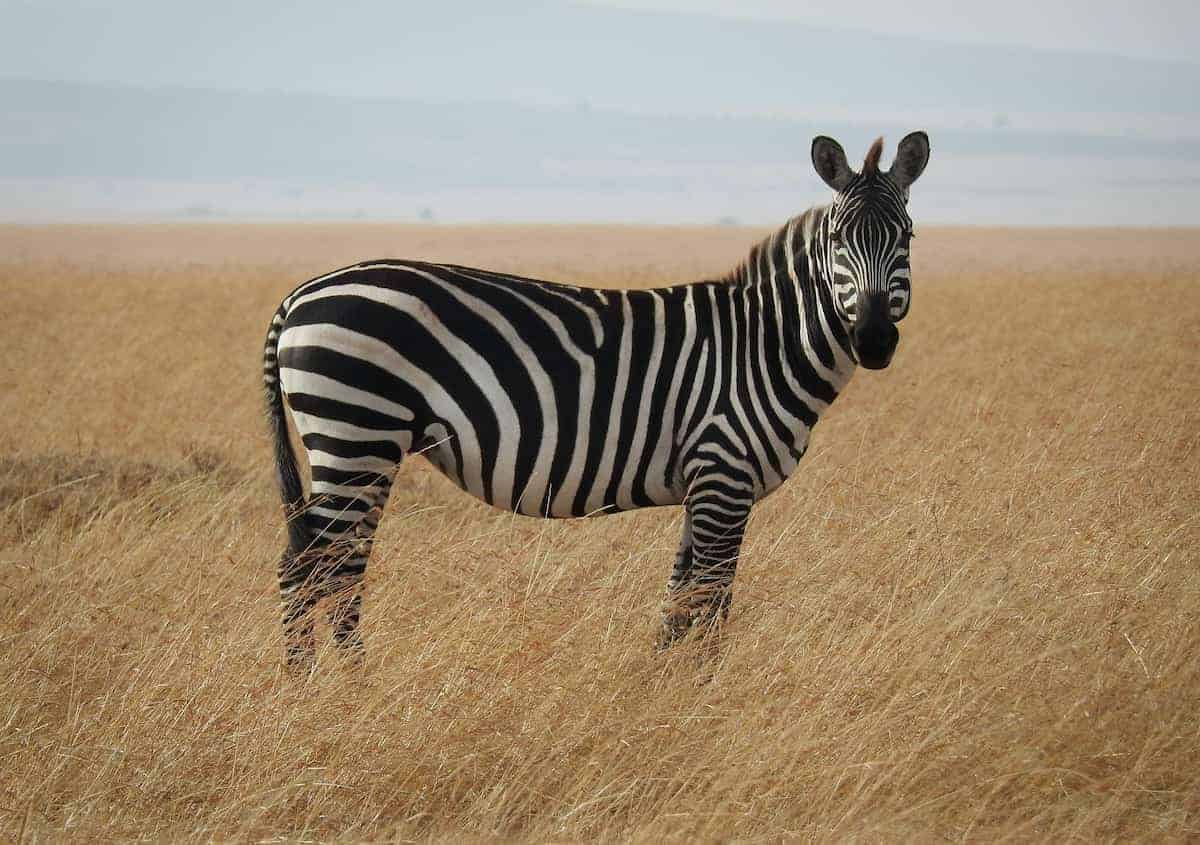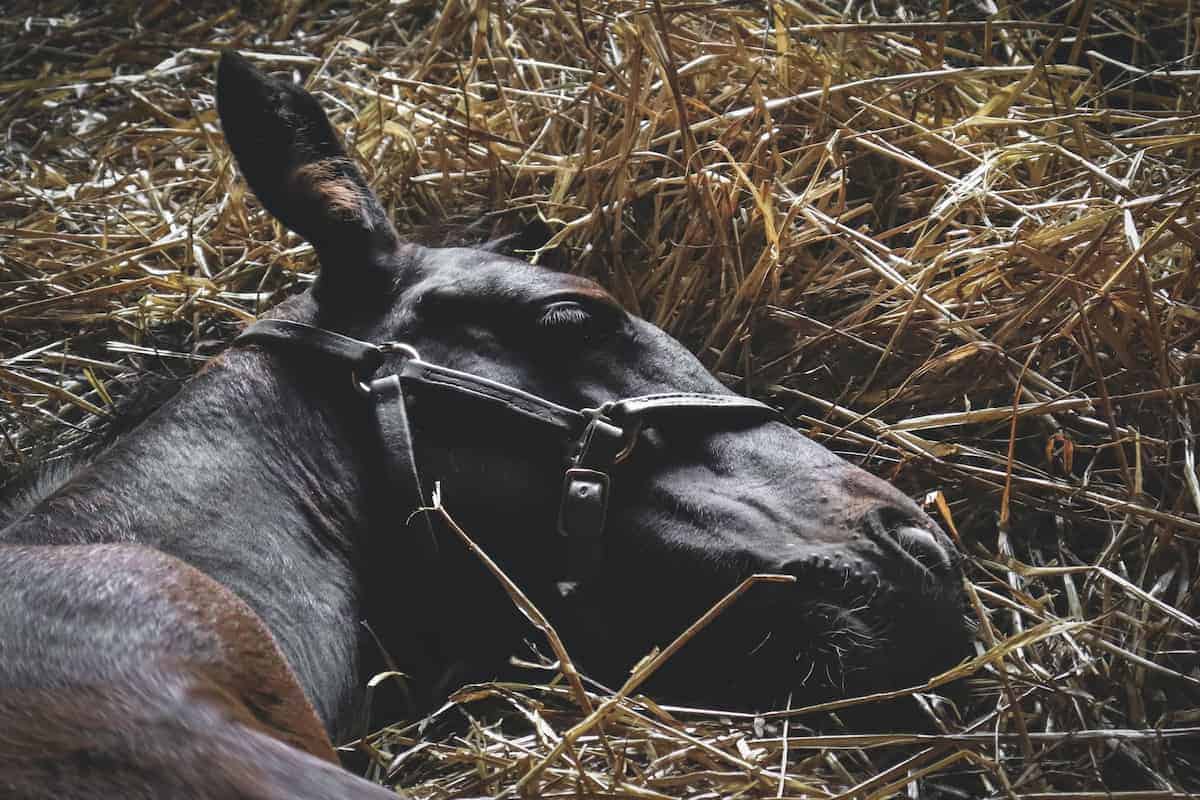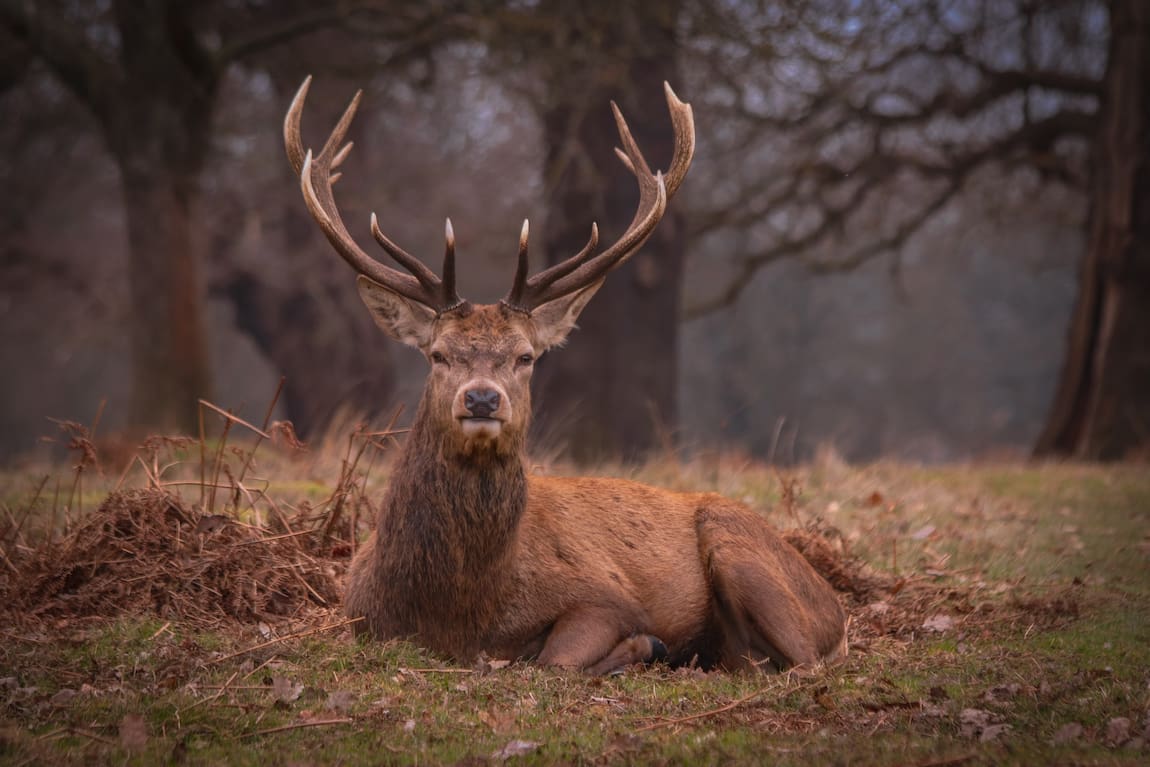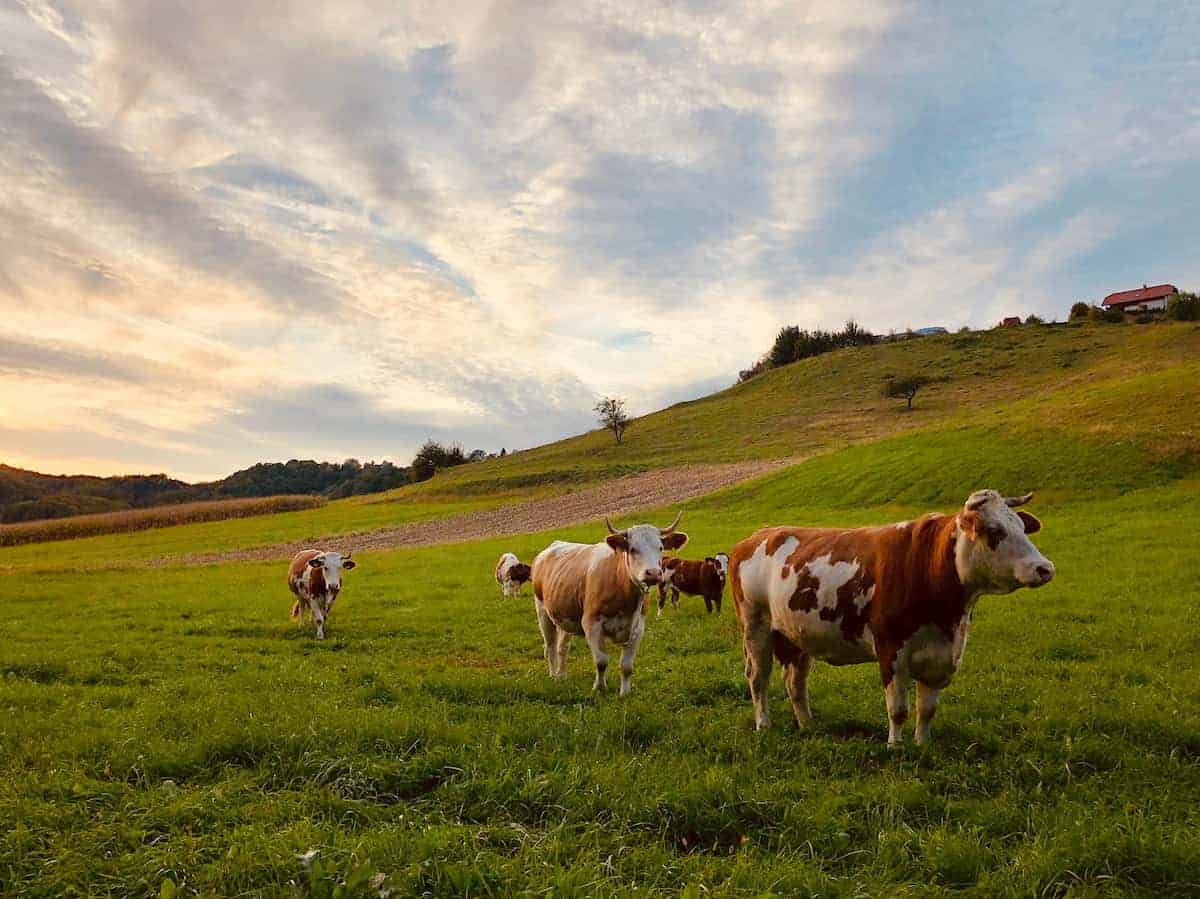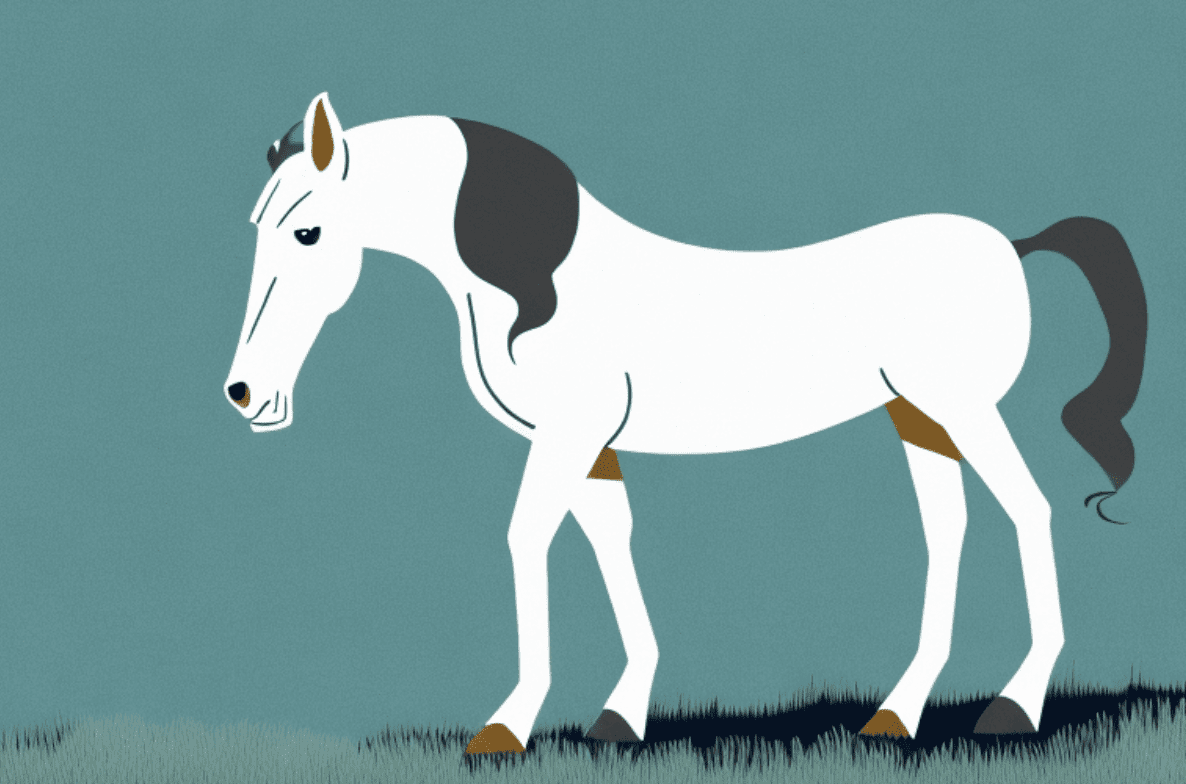As for all living creatures, Zebras need sleep to stay healthy, alert, and alive. However, not all animals sleep in the same fashion. Zebras, for instance, sleep standing up, especially during the daytime, and might only lie down at night if they feel safe.
Zebras prefer to sleep standing up during the daytime to protect themselves from prey animals and other dangers. They manage to sleep standing up due to a musculoskeletal adaptation that allows them to lock their legs in place, preventing them from falling over.
Being a zebra has numerous challenges. One of them is to find enough food and clean water each day, causing them to be on the move constantly. Being on the move daily does not allow adequate time for sleeping, let alone laying down for a nap.
Zebras Sleep Standing Up?
Being herbivores means zebras must walk long distances to find sufficient food and water daily, leaving little time for sleeping. However, zebras need seven hours of sleep daily, so how do they manage that when constantly migrating?
A musculoskeletal adaptation allows zebras to subconsciously lock their knees into position when they need to sleep for a while. This adaptation ensures they do not keel over in their sleep.
Why Do Zebras Sleep Standing Up?
Zebras are prey animals. In other words, animals like lions, hyenas, wild dogs, and cheetahs want to catch them for food. Therefore, Zebras must always be careful to evade these and other carnivores.
Always being on high alert does not leave room for laying down to sleep, and zebras use their ability to stand while sleeping to their advantage when taking short naps during the day.
Depending on the species, zebras can weigh between four hundred and fifty and nine hundred and ninety-two pounds. Imagine laying down and then getting up quickly when weighing this much. It will be exceedingly dangerous for zebras to be laying down to sleep too often as it will make them easy prey. The quicker they react, the safer they are. Standing up allows them to move quickly.
Sleeping in a group while standing acts as a safety measure. In the Zebras world, there is safety in numbers.
Do Zebras Always Sleep Standing Up?
Zebras need seven hours of sleep per day, and except for short naps standing up during the day, they will lay down at night to allow for deep sleep.
Zebras do lay down to sleep during nighttime. They will graze for a bit at night and then gather to sleep. Since they are always in danger of being attacked, zebras take turns being awake and on the lookout. While some are awake, others will take the opportunity to gain some much-needed shut-eye.
There are three collective nouns for zebras, a zeal of zebras or, our favorite, a dazzle of zebras. Zebras live in family groups on the African continent and chose to make the treeless grasslands and savannah woodlands their habitat.
When a dazzle of zebras spend time together grazing and sleeping, their stripes help keep them safe from preying animals. A dazzle of Zebras will always be moving around, their stripes confusing predators, adding to their safety. Zebras will never sleep alone but seek comfort and safety within a group.
How Long Do Zebras Sleep?
Zebras need seven hours of sleep per day. Unfortunately, they can not sleep for hours on end, seeing they need to be vigilant, look out for possible danger and flee if necessary.
Baby zebras, called foals, start walking within the first hour after birth and run mere hours after. Fouls share the same sleeping pattern as the herd. Without granted much time to learn, they need to “Zebra” quickly and, therefore, like the adult zebras, stand sleeping up and only lay down on occasion.
Do Zebras Hibernate?
Zebras constantly migrate after food and water and do not have the luxury of hibernating during winter or the heat of summer. While other animals may hibernate to save energy during difficult times, zebras keep moving and grazing all year round.
Conclusion
Next time you see a zebra on television, at the zoo, or on safari, remember that they are an endangered species and need humans to look out for their safety. But, unlike humans and most other animals, zebras sleep standing up, making them even more admirable, unique, and worthy of protection.
